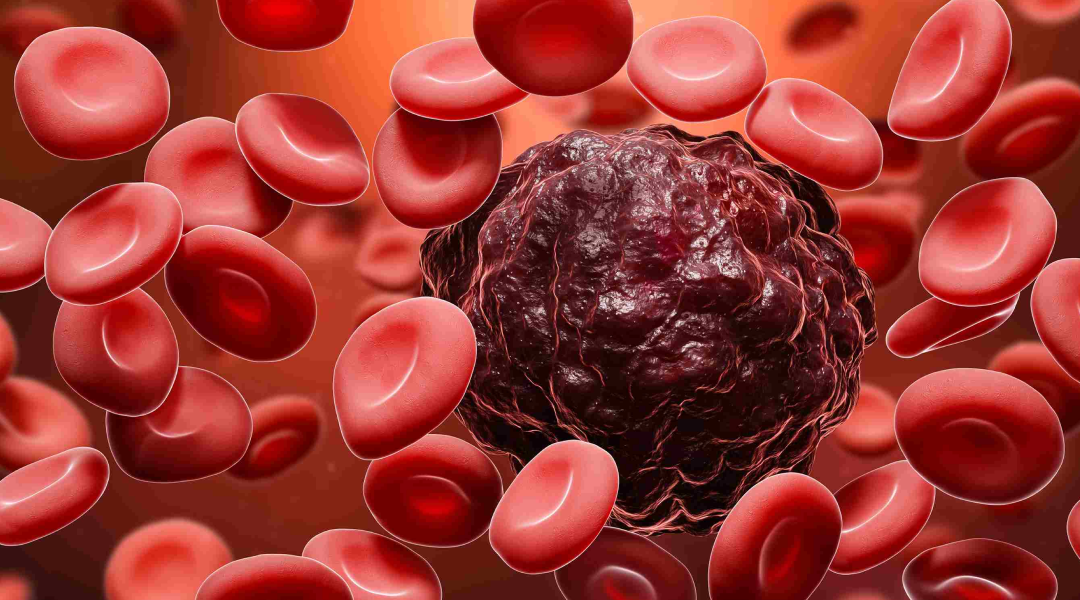Blood Cancer
Blood cancer, also known as hematologic cancer, is a complex and potentially life-threatening disease that affects the production and function of blood cells. It occurs when abnormal cells in the blood start to grow uncontrollably, disrupting the normal functioning of the immune system.
There are several types of blood cancer, including leukemia, lymphoma, and myeloma. Each type originates from different types of blood cells and presents unique symptoms and treatment options.
Leukemia is a type of blood cancer that affects the bone marrow and results in an overproduction of immature white blood cells. Lymphoma, on the other hand, affects the lymphatic system and causes abnormal growth of lymphocytes - a type of white blood cell. Myeloma primarily affects plasma cells in the bone marrow, leading to weakened bones and impaired immune function.
The exact causes of blood cancer are not yet fully understood; however, certain risk factors have been identified. These include exposure to radiation or certain chemicals, genetic predisposition, previous chemotherapy or radiation therapy treatments for other cancers, as well as certain viral infections such as HIV or Epstein-Barr virus.
Early detection plays a crucial role in improving outcomes for individuals with blood cancer. Common symptoms may include unexplained weight loss, fatigue, frequent infections or fevers, easy bruising or bleeding tendencies, swollen lymph nodes or abdomen. If any concerning symptoms arise or persist for an extended period of time it is important to consult with a healthcare professional for further evaluation.

Common Treatment Methods
When it comes to the treatment of blood cancer, there are several common approaches that healthcare professionals rely on. These treatments aim to target and eliminate cancerous cells in the blood and bone marrow, with the ultimate goal of achieving remission or even a cure.
One of the most commonly used treatments for blood cancer is chemotherapy. This involves using powerful drugs to kill cancer cells throughout the body. Chemotherapy can be administered orally, through injections, or via intravenous infusions. It is often used in combination with other therapies to maximize its effectiveness.
Another common treatment option is radiation therapy, which uses high-energy beams to target and destroy cancer cells. This approach is particularly effective in treating localized areas affected by blood cancer.

KKR Hospital Approach
KKR Hospital has revolutionized the approach to treating blood cancer through an innovative Neoadjuvant method. This groundbreaking approach combines advanced medical techniques with a comprehensive analysis of the disease, resulting in improved patient outcomes.
One of the key aspects of KKR Hospital's approach is meticulous analysis of blood cancer cases. We understand that each patient is unique and requires a tailored treatment plan. To achieve this, we conduct an in-depth analysis that takes into account various factors such as the patient's medical history, genetic profile, and response to previous treatments.
This analysis plays a crucial role in determining the most effective treatment options for each patient. By understanding the specific characteristics of the disease and how it interacts with individual patients, KKR Hospital, led by expert cancer specialists in Chennai , possesses the capability to craft tailor-made treatment strategies that specifically aim at eradicating cancer cells with minimal adverse effects.
